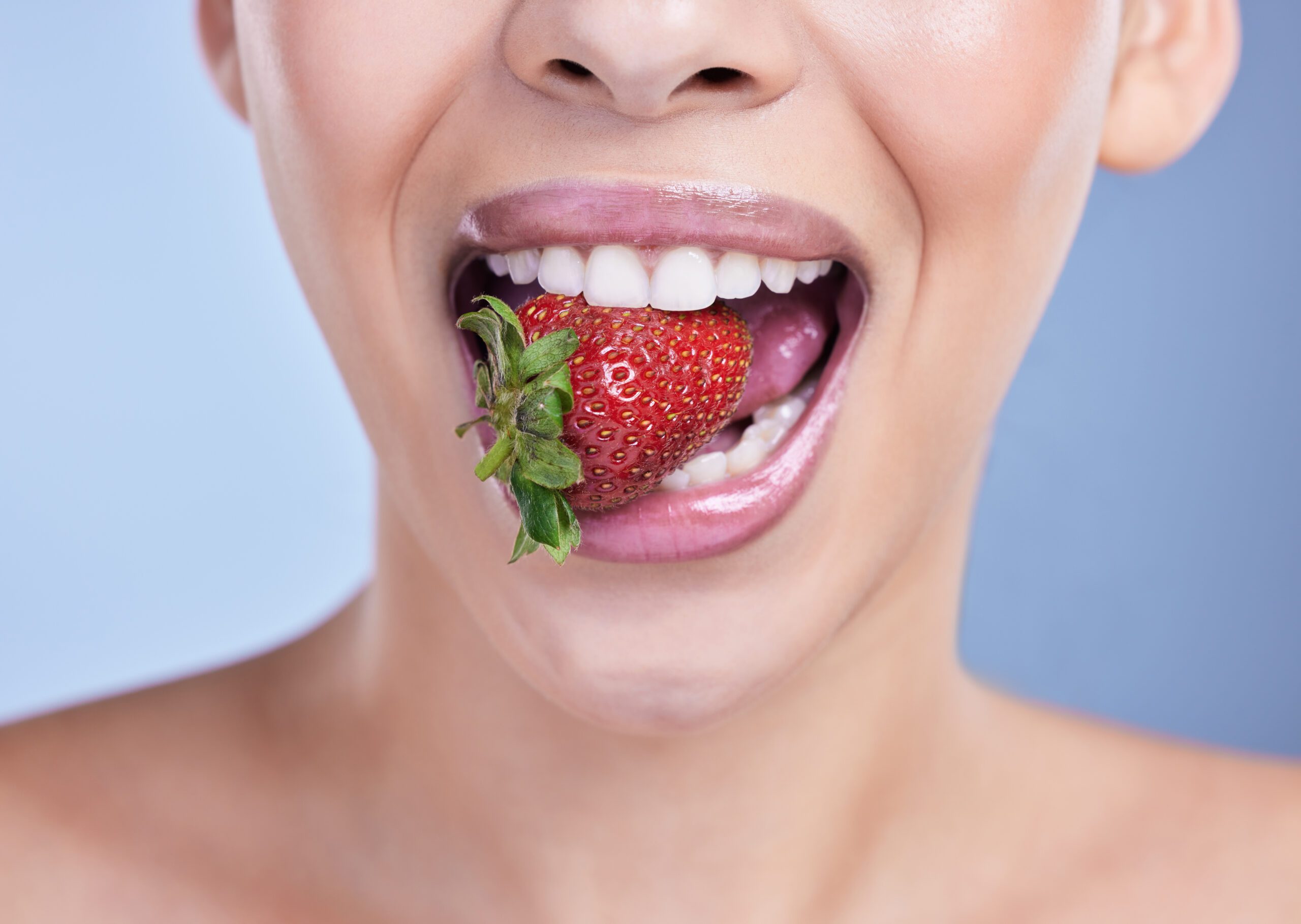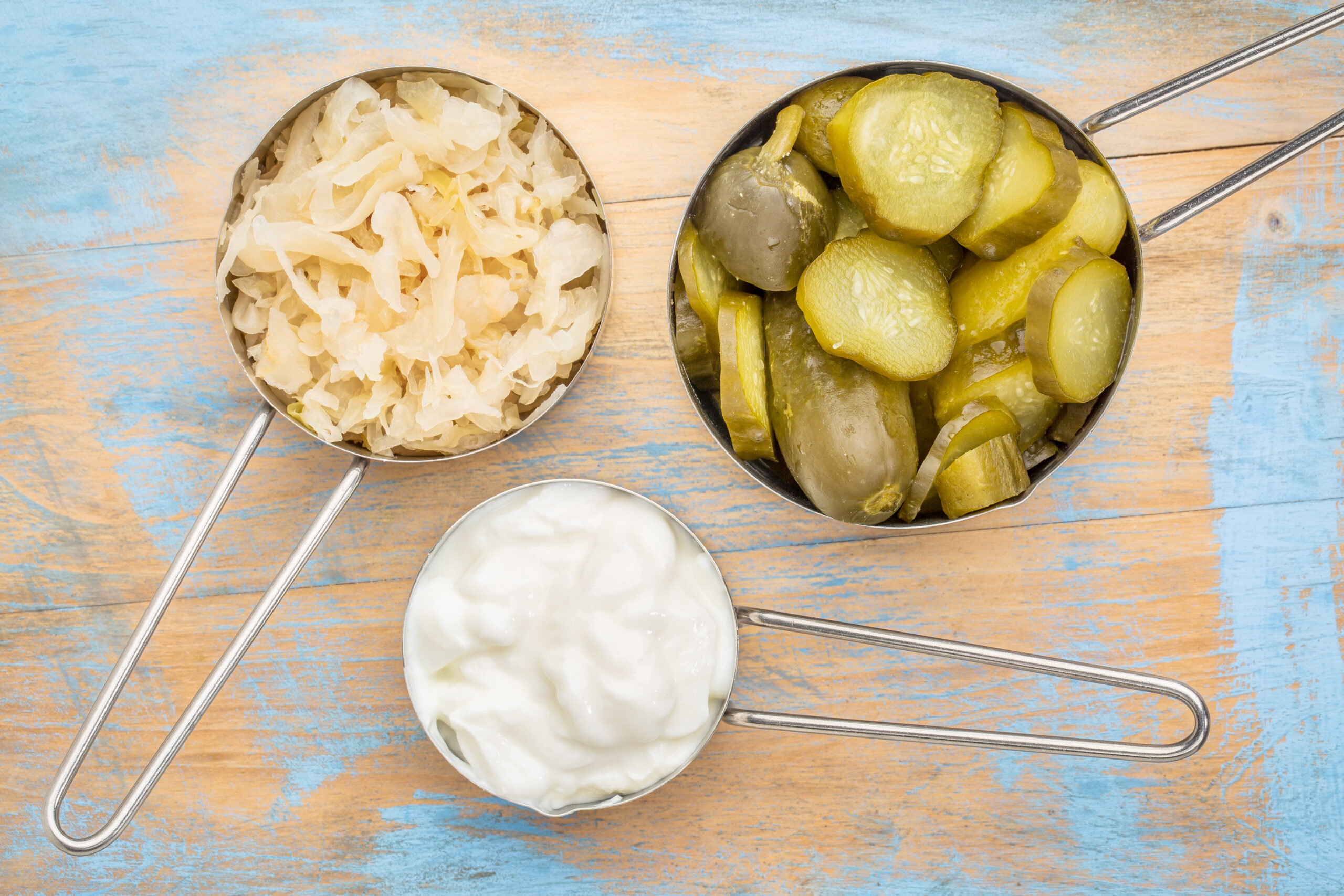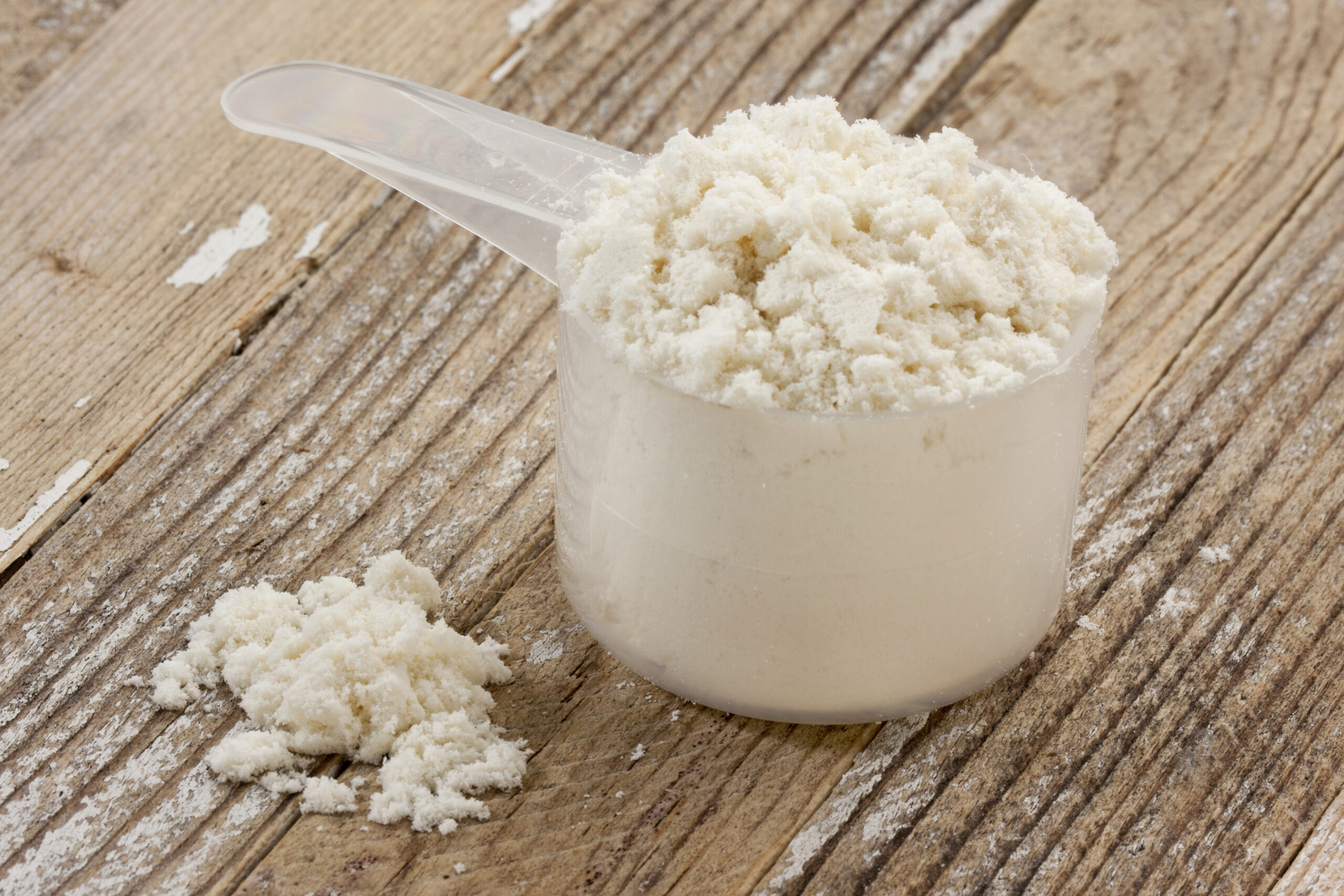Hippocrates famously said, “Let food be thy medicine and medicine be thy food.” While he may not have been talking about skincare, modern research confirms that what you eat plays a significant role in how your skin ages.
Many people spend hundreds on anti-aging creams and treatments, hoping to maintain a youthful glow. But what if the real secret to slowing down aging was sitting on your plate rather than in a bottle?
While no magical food has been discovered in the mythical Fountain of Youth, science does show that certain foods contain powerful antioxidants, vitamins, and healthy fats that can protect against wrinkles, improve skin elasticity, and keep you looking younger for longer. This article explores the five most scientifically proven anti-aging foods and how to effortlessly incorporate them into your routine.
1. Fatty Fish – Omega-3s for Hydration & Skin Elasticity

Fatty fish, like salmon, mackerel, and sardines are packed with omega-3 fatty acids, essential for keeping skin hydrated, plump, and elastic. These healthy fats strengthen skin cell membranes, helping to lock in moisture and prevent dryness. Research suggests that omega-3s may also reduce inflammation, protect against sun damage, and slow the formation of wrinkles.
In addition to omega-3s, fatty fish contains astaxanthin, a powerful antioxidant shown to improve skin texture and elasticity while defending against UV-induced aging.
How often to eat: At least 2-3 times per week.
Tips for building the habit:
- Swap red meat for fish in at least one meal per week.
- Add tinned sardines or salmon to salads and wraps.
- While wholefoods are always preferred consider, taking a fish oil supplement.
2. Berries – Antioxidants to Fight Wrinkles & Boost Collagen

Blueberries, strawberries, and blackberries are loaded with antioxidants like vitamin C, which neutralise free radicals—unstable molecules that contribute to premature aging and collagen breakdown. Vitamin C plays a key role in collagen production, helping skin remain firm and youthful.
Research has shown that a diet high in antioxidants slows oxidative stress, one of the main drivers of premature wrinkles and sagging skin. Berries also have a low glycaemic index, meaning they won’t cause blood sugar spikes that contribute to skin aging.
How often to eat: 4-5 times per week.
Tips for building the habit:
- Keep frozen berries in the freezer for easy smoothies, yogurt, or porridge toppings.
- Swap sugary snacks for a bowl of fresh berries.
- Add a handful of berries to your breakfast.
3. Dark Leafy Greens – Reduce Inflammation & Support Collagen Regeneration

Vegetables like spinach, kale, and Swiss chard are rich in vitamins A, C, and E, which protect against sun damage, reduce inflammation, and support collagen regeneration. These leafy greens also contain lutein and zeaxanthin, two antioxidants proven to boost skin hydration, improve elasticity, and reduce fine lines.
Studies have linked higher vegetable consumption with fewer wrinkles and healthier skin, making leafy greens a must-have in an anti-aging diet.
How often to eat: At least 5 times per week, ideally daily.
Tips for building the habit:
- Blend spinach or kale into smoothies—it’s tasteless but packed with nutrients.
- Keep pre-washed greens in the fridge for quick salads or stir-fries.
- Add a handful of spinach to omelettes, sandwiches, or pasta dishes.
4. Green Tea – A Natural Collagen Booster & UV Protector

Green tea is one of the most powerful anti-aging beverages, packed with polyphenols and catechins that protect skin cells from UV damage, inflammation, and collagen breakdown.
Studies have shown that green tea consumption improves skin hydration, reduces redness, and enhances elasticity, making it a great daily addition for youthful skin. If you want an even bigger boost, matcha—its concentrated form—provides higher levels of these skin-enhancing antioxidants.
How often to drink: 1-2 cups per day.
Tips for building the habit:
- Replace at least one coffee or black tea with green tea.
- Keep green tea bags at your desk or in your bag to make it easy to drink.
- Pre-brew a batch of iced green tea with lemon and keep it visible in your fridge.
5. Tomatoes – Lycopene for Sun Protection & Skin Repair

Tomatoes are packed with lycopene, a potent antioxidant that protects against UV-induced skin damage, reduces redness, and promotes collagen production. Research suggests that consuming tomato-based products regularly can enhance the skin’s natural sun protection and improve elasticity over time.
Interestingly, cooking tomatoes enhances lycopene absorption, making tomato sauces, soups, and pastes even more beneficial for your skin.
How often to eat: 3-4 times per week.
Tips for building the habit:
- Add cherry tomatoes to salads or snack on them raw.
- Cook with tomato-based sauces or soups at least twice a week.
- Drink a glass of tomato juice in the morning for an easy skin boost.
Nourishing Your Skin from Within
Obviously, skincare products do play an important role in maintaining a youthful appearance, but what you eat daily is just as—if not more—important.
The real secret to glowing, youthful skin lies in a diet rich in omega-3s, antioxidants, vitamins, and healthy fats. While the five foods discussed in this article are among the most scientifically proven, they aren’t the only options. If you don’t enjoy certain foods, there are plenty of alternatives that provide similar skin-boosting nutrients.
For example, if you don’t like fatty fish, you can still get omega-3s from chia seeds, flaxseeds, and walnuts. Beyond berries, kiwi, oranges, or pomegranate offer similar benefits for collagen production and skin repair. If dark leafy greens aren’t appealing, vegetables like broccoli, brussels sprouts, or bell peppers, are also packed with antioxidants. Other lycopene-rich foods like red bell peppers and watermelon offer similar benefits to tomatoes. Finally, you can also try substituting green tea with white or hibiscus tea, which also contain powerful antioxidants.
Whatever you eat, the key is to build a habit of incorporating nutrient-dense, whole foods into your daily routine. Over time, these small dietary changes will naturally improve your skin’s health, elasticity, and glow—proof that beauty truly does start from within.



